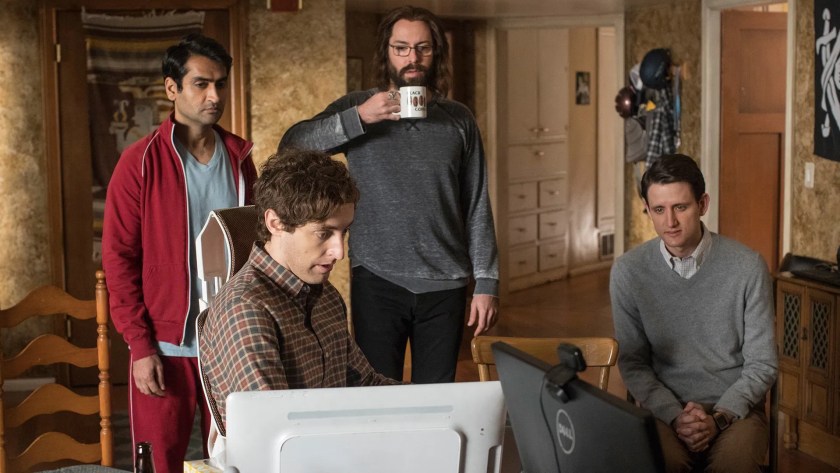
I made reference to the decentralised web multiples times in the past but recently I posted a blog about it. I didnt want to say too much because I knew the Mozilla Festival was due to announce the call for participation.
This year things have changed quite a bit; this year its based around the Mozilla Internet health report.
I’m co-wrangling the decentralization space (note the Z not S, I tried but failed…), and of course I urge you all to check out the space narrative below.
The year is 2027: Who owns the Internet?In the dystopian version of 2027, the Internet is owned by a powerful few. Big tech corporations, select media companies and closed governments control the content on the Internet, the data that flows across the Internet and how people connect to the Internet. This dystopian future is closer than you may think.
On the flip side, what is the utopian version of the Internet in 2027? What future do we want to build? Where do emerging technologies like AI, mesh networking and Blockchain fit in? How do we ensure people are the most important part of the Internet?
Join us at Mozfest as we look into the future. Dystopian, utopian or somewhere in between—let’s explore the Internet of 2027.
Exciting eh? but you maybe thinking, well this doesn’t sound like something I’d be interested in applying for?
Think again… its likely that there is something you haven’t considered which is perfectly fitting for example…
- Power (political or system) distribution
- Devolution
- P2P technology like WebRTC, Torrent, etc
- IndieWeb
- Sharing economics
- Crowd funding
- Democratizing power
- Open data and apis
- Robustness & Sustainability
- Net neutrality
- Emergence
- Open alternatives
- Networks of trust
- Mesh networking
- The co-operative movement
- Networked intelligence
- Federated systems
So what you waiting for?
Add your proposal to the already growing list of proposals.
See you Mozilla Festival 2017


